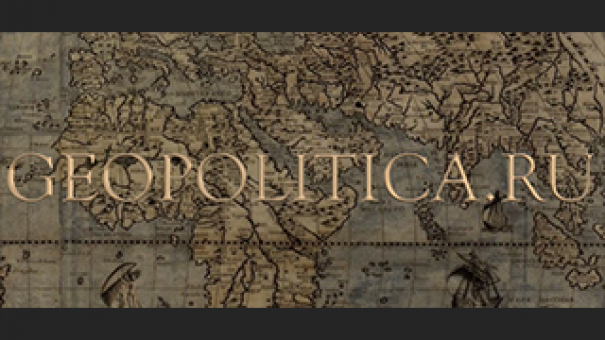A senior Chinese official has warned the US about China Sea
A senior Chinese official has warned the US and its regional allies not to "turn the South China Sea into a cradle of war" after an international tribunal declared invalid Beijing’s claims to the disputed waters.
China’s Vice Foreign Minister Liu Zhenmin issued the warning during a news conference in Beijing on Wednesday while introducing a government paper on the tribunal's findings.
The remarks came a day after the Permanent Court of Arbitration in The Hague ruled against China and sided with the Philippines in a case brought by the latter.
The tribunal said China had violated the Philippines' sovereignty and caused "severe harm to the coral reef environment" by building what it called artificial islands in the contested waters.
Air defense zone over contested islands
The Chinese official described the ruling as waste paper, emphasizing that his country had "the right" to establish an Air Defense Identification Zone (ADIZ) over the South China Sea.
"Whether we need to set up one in the South China Sea depends on the level of threat we receive," he said, adding, "We hope other countries will not take the chance to blackmail China."
In another development on Wednesday, two Chinese civilian aircraft landed at two new airports on reefs controlled by China in the South China Sea.
The aircraft touched down on Mischief Reef and Subi Reef in the Spratly Islands before returning to the southern Chinese island province of Hainan from where they had taken off, the official Xinhua news agency reported.
On Tuesday, Cui Tiankai, the Chinese ambassador to the US (pictured below), said the ruling by The Hague-based tribunal will “certainly intensify conflicts and even confrontation." He further reiterated Beijing is still committed to dialogue with other parties to the long-running row over the South China Sea.
Beijing claims nearly all of the strategically vital South China Sea which is also claimed in part by Taiwan, Brunei, Vietnam, Malaysia and the Philippines. The contested waters are believed to be rich in oil and gas.
The dispute has at times drawn in trans-regional countries, particularly the US.
China accuses the US of interfering in the regional issues and deliberately stirring up tensions in the South China Sea.
Washington, in turn, accuses Beijing of carrying out what it calls a land reclamation program in the South China Sea by constructing artificial islands in the disputed areas.




